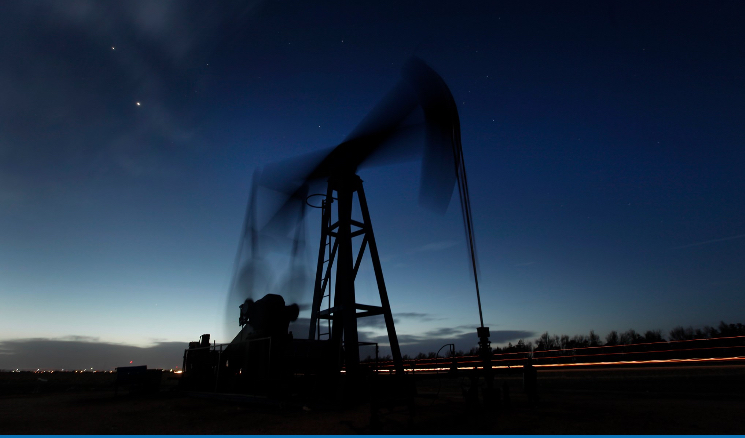The continued delay in petroleum exploration amid an anticipated decline in Philippine output of oil and gas is driving the country to even greater reliance on imports, according to a unit of Fitch Group.
“The Philippines’ oil dependency is already at a hefty 48 percent according to the Department of Energy (DOE), although looks poised to deepen over the coming years, due to growing demand for refining feedstock, next to continued declines in oil and gas production,” said the report by First Solutions Macro Research.
“The Philippines’ remains in dire need of more oil and gas exploration, as existing reserves decline and as its sole producing Malampaya gas-to-power project approaches the end of its production life,” it added.
Accounting for about 98 percent of domestic oil and gas production, the Malampaya field is expected to start producing less around 2024 as existing reserves run out and output maintenance efforts slow.
Even then, the Malampaya consortium—comprised of Shell Philippines Exploration, Chevron Malampaya, and PNOC Exploration—is confident about extending the life of the gas field, although the extension of their concession which expires in 2014 has not progressed.
Fitch Solutions noted that many of the Philippines’ most prospective exploration blocks lie in areas straddling the disputed waters in the South China Sea, where all exploration works continue to be suspended due to unresolved maritime disputes with China.
“Given limited scope for major exploration success, the Philippines’ best hopes of reversing its deteriorating upstream fortunes is its upcoming oil and gas licensing round,” the group said.
Meanwhile, First Gen Corp. is breaking ground on Tuesday for a $1-billion liquefied natural gas (LNG) terminal in Batangas, a joint venture with Tokyo Gas Corp.
First Gen officials said the groundbreaking would be done even as the two partners are in talks with potential additional partners.
The company has a portfolio of gas-fired generators with a total capacity of 2,017 megawatts, which is currently relying on fuel from the Malampaya project. —RONNEL W. DOMINGO
